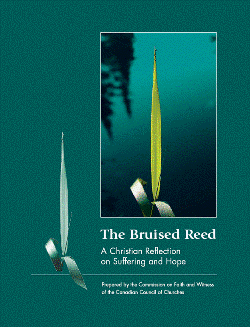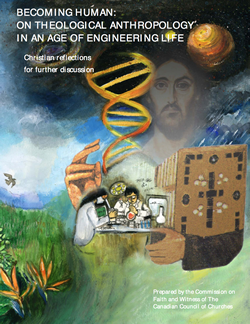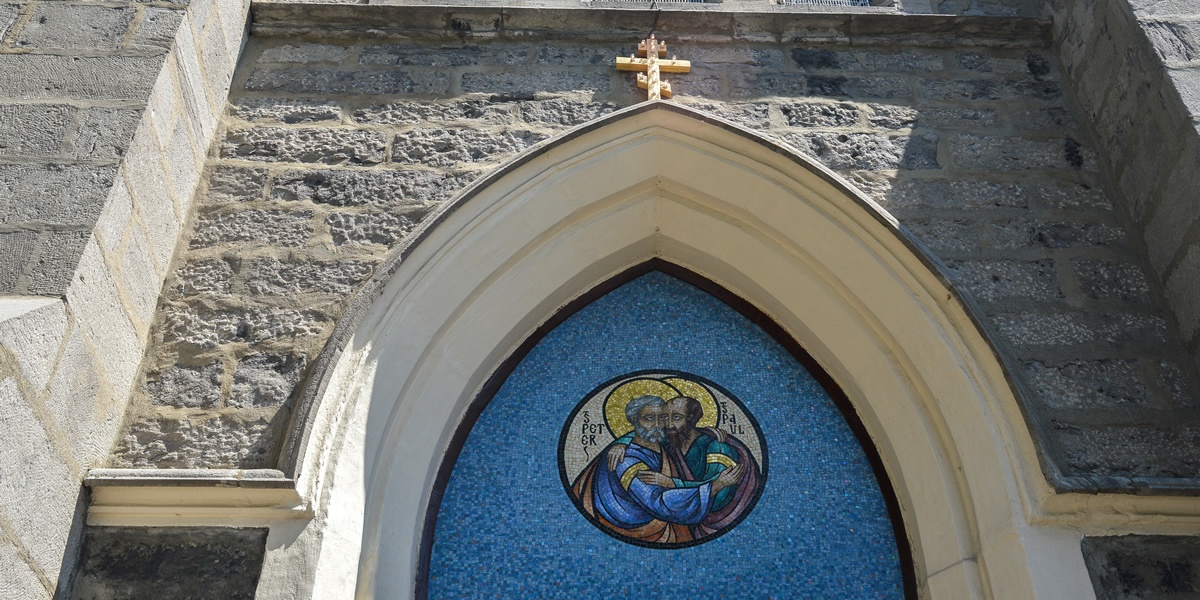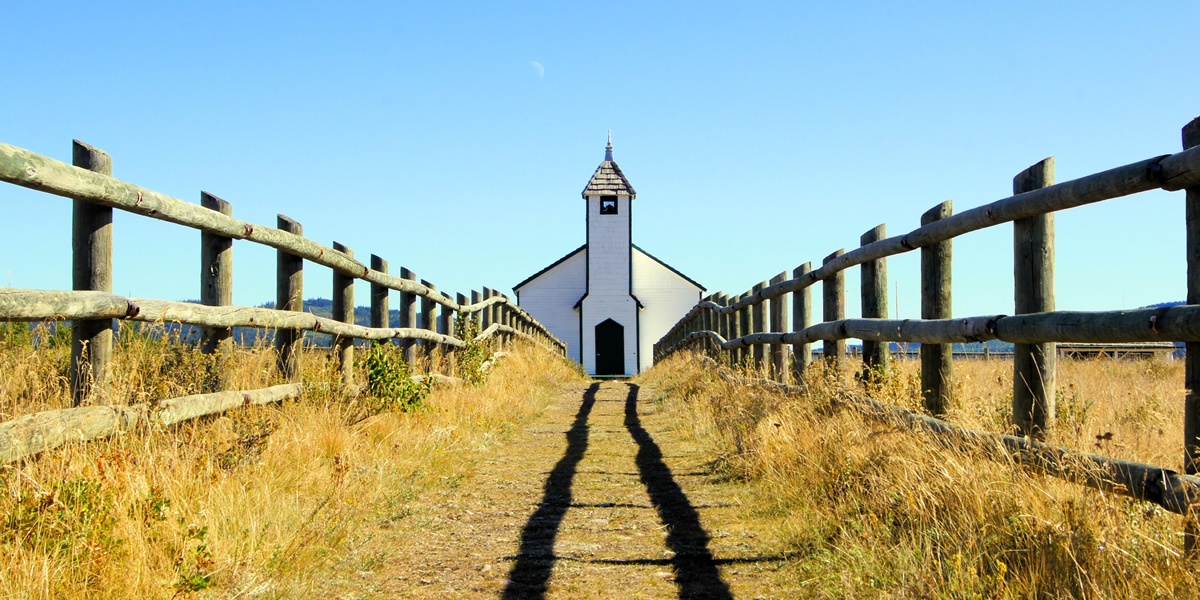The Bruised Reed: A Christian Reflection on Suffering and Hope
 Download PDF resource >
Download PDF resource >
This ecumenical resource on the universal experience of suffering and hope weaves together fine art, meaningful reflections and voices from CCC member churches.
As persons and communities belonging to Christ and Christ’s church, we wish to address, in our own time and place, the paradox of finding hope in suffering, and suffering in hope. The Faith and Witness Commission was called on to give form and shape to the paradox; the outcome is the present resource.
As we reflected together on our churches’ work with persons suffering from HIV/AIDS, from poverty, from other kinds of illness or prejudice or cruelty or violence, Faith and Witness noticed the word that kept recurring: suffering. We found ourselves turning to the question of how we, as Christians from various traditions, understand and respond to suffering—not in the abstract, but in the flesh-and-blood reality of this person bleeding in front of me, this pain in my own heart, this horrific conflict that gets worse instead of better. Where do we turn, when confronted with our own or others’ suffering? Why do we go there? What does it mean for us? What is suffering, and what do we do with it? As we moved more deeply into the question, we discovered at its depths another recurring word, one that attached itself inseparably to suffering. That word is hope.
Overall, we found among our traditions many differences as we ruminated, differences of expression, differences of focus, and even differences of understanding. But we also found, at the core of our discussions, much we hold in common that is foundational. It may be that the foundation, so familiar to us as to be at times invisible, is also the place of greatest recognition among us. That foundation is hope.
Becoming Human: On Theological Anthropology in An Age of Engineering Life

Download PDF resource >
May the tissues (for example, stem cells) from a human fetus be used to look for a cure for Alzheimer’s disease?
Should scientists clone human beings, simply because it is possible?
May humans manipulate the environment in whichever way suits them, no matter the effect on other species?
Should Christian farmers grow genetically-modified foods?
When The Canadian Council of Churches’ Commission on Faith and Witness was asked to consider such important, troubling, and complex questions, we found we were led to the foundations of our faith. None of the questions is abstract; all are urgent, because they are about matters that are happening here and now to each of us. These matters have effects much bigger than we can see, but require that we make choices. In making choices, our humanity is disclosed.
In this short pamphlet intended for ordinary believers — and anyone else who is interested and concerned! — we obviously cannot say all that is possible to say about the new genetic sciences and technologies, or about how scientific and industrial activity affects the earth and all that is within it (Psalm 24:1-2).
We can, however, speak of what is crucial and common to us as we wrestle faithfully with such subjects. The questions posed above constitute a mere beginning. We are not raising all the questions that could be raised. And we are not offering one-size-fits-all answers to the questions we have raised. We offer this publication as a guide for further exploration, further study and reflection. We encourage you to become as informed as possible about the fast-approaching scientific future; but we do not need great technical or scientific expertise to begin serious reflection on, for example, genetic engineering in light of our faith.
The Commission members belong to many different Christian families. We have different traditions, different ways of thinking, understanding, speaking, and praying. Yet as we reflect together on such questions, we find that we all approach them from the same source. That source, that fundamental sense of who we humans are before the face of God, is shared by us all. And it is from that common source that we explore these exciting but difficult questions. As an experienced poet told an eager young person: “learn to love the questions.” Even in the questioning, we learn to love God, and one another.
All of us have to wrestle with these questions in our own way, but we first need to help each other to understand “what humanity is all about” in order to make life-giving, life-respecting decisions. Indeed, we believe that facing up to our human condition is part of what it means to be human, and what it means to be Christian. Every generation must respond to the questions of its own time. Yet it is one of the delightful mysteries of being human that we learn how to live in a new age by drawing on the one living God of all ages, all times, and all places. This One God is the self-revealing Trinity: Father, Son, and Holy Spirit.
Initiation into Christ: Common Teaching and Ecumenical Reflections on Preparation for Baptism
Download PDF resource >
Initiation into Christ contains the outcome of reflection and ecumenical discussions within the Commission on Faith and Witness of The Canadian Council of Churches during the period 1986 to 1991. In the course of its study , the Commission identified certain common elements on Scripture, theology, and experience which are pertinent in the preparation of individuals for initiation into the Body of Christ.
Each of the five sections includes a discussion of human experience, theological reflection, a consideration of the biblical witness, and questions for further consideration. A final section includes brief statements from members of the Commission on Faith and Witness, summarizing the distinctive perspectives on baptism and Christian initiation from their particular traditions.










